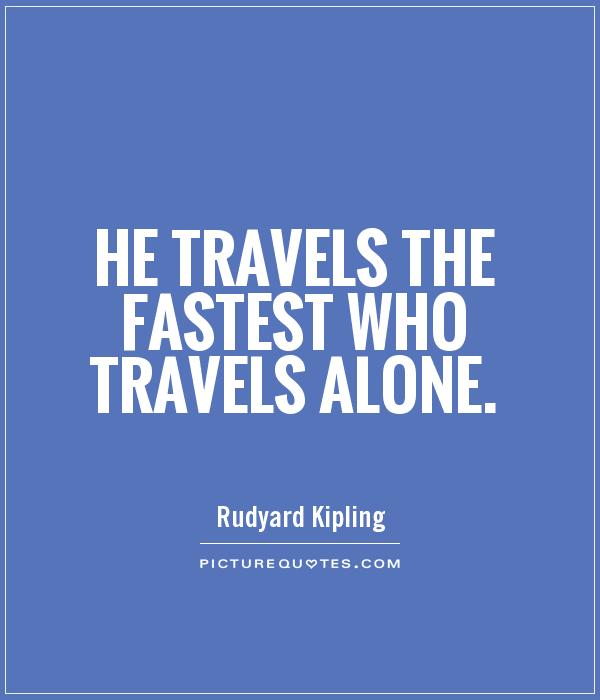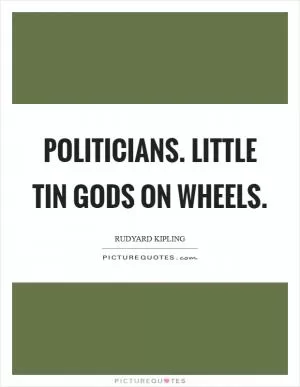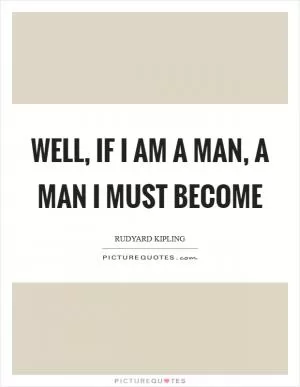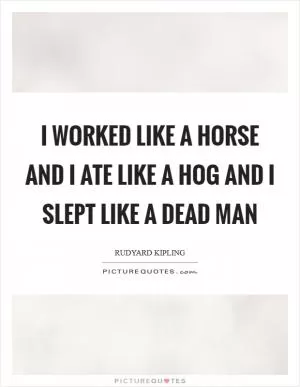He travels the fastest who travels alone

He travels the fastest who travels alone
Rudyard Kipling, a renowned British author and poet, once said, "He travels the fastest who travels alone." This quote has been interpreted in various ways over the years, but at its core, it speaks to the idea of self-reliance and independence. Kipling believed that when one travels alone, they are able to move quickly and efficiently without the distractions or limitations that come with traveling in a group.In the context of Kipling's words, traveling alone can be seen as a metaphor for navigating through life's challenges and obstacles. When we rely solely on ourselves, we are forced to confront our fears, make decisions on our own, and ultimately grow stronger and more resilient. This idea of self-reliance is a recurring theme in Kipling's works, as he often wrote about the importance of individualism and personal responsibility.
Furthermore, traveling alone allows for a greater sense of freedom and flexibility. When we are not tied down by the expectations or opinions of others, we are able to chart our own course and follow our own instincts. This can lead to new discoveries, personal growth, and a deeper understanding of ourselves and the world around us.
However, it is important to note that traveling alone does not necessarily mean isolating oneself from others. It is possible to travel alone while still seeking guidance and support from friends, family, or mentors. In fact, Kipling himself often drew inspiration from the people he met along his own journeys, incorporating their stories and perspectives into his writing.












 Friendship Quotes
Friendship Quotes Love Quotes
Love Quotes Life Quotes
Life Quotes Funny Quotes
Funny Quotes Motivational Quotes
Motivational Quotes Inspirational Quotes
Inspirational Quotes